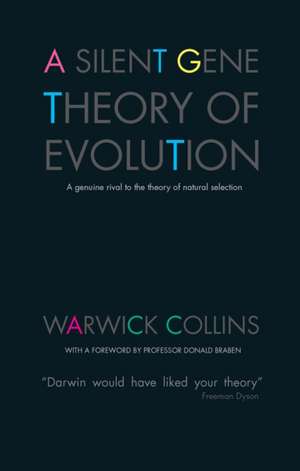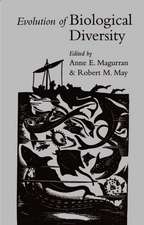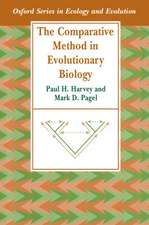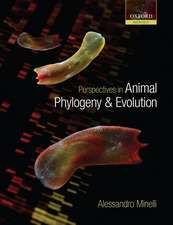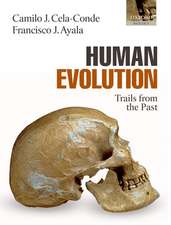A Silent Gene Theory of Evolution
Autor Warwick Collinsen Limba Engleză Hardback – 14 mar 2014
Preț: 92.45 lei
Nou
Puncte Express: 139
Preț estimativ în valută:
17.69€ • 18.52$ • 14.72£
17.69€ • 18.52$ • 14.72£
Carte disponibilă
Livrare economică 10-24 martie
Preluare comenzi: 021 569.72.76
Specificații
ISBN-13: 9780955464287
ISBN-10: 0955464285
Pagini: 151
Dimensiuni: 142 x 218 x 15 mm
Greutate: 0.32 kg
Ediția:New.
Editura: University of Buckingham Press
Locul publicării:United Kingdom
ISBN-10: 0955464285
Pagini: 151
Dimensiuni: 142 x 218 x 15 mm
Greutate: 0.32 kg
Ediția:New.
Editura: University of Buckingham Press
Locul publicării:United Kingdom
